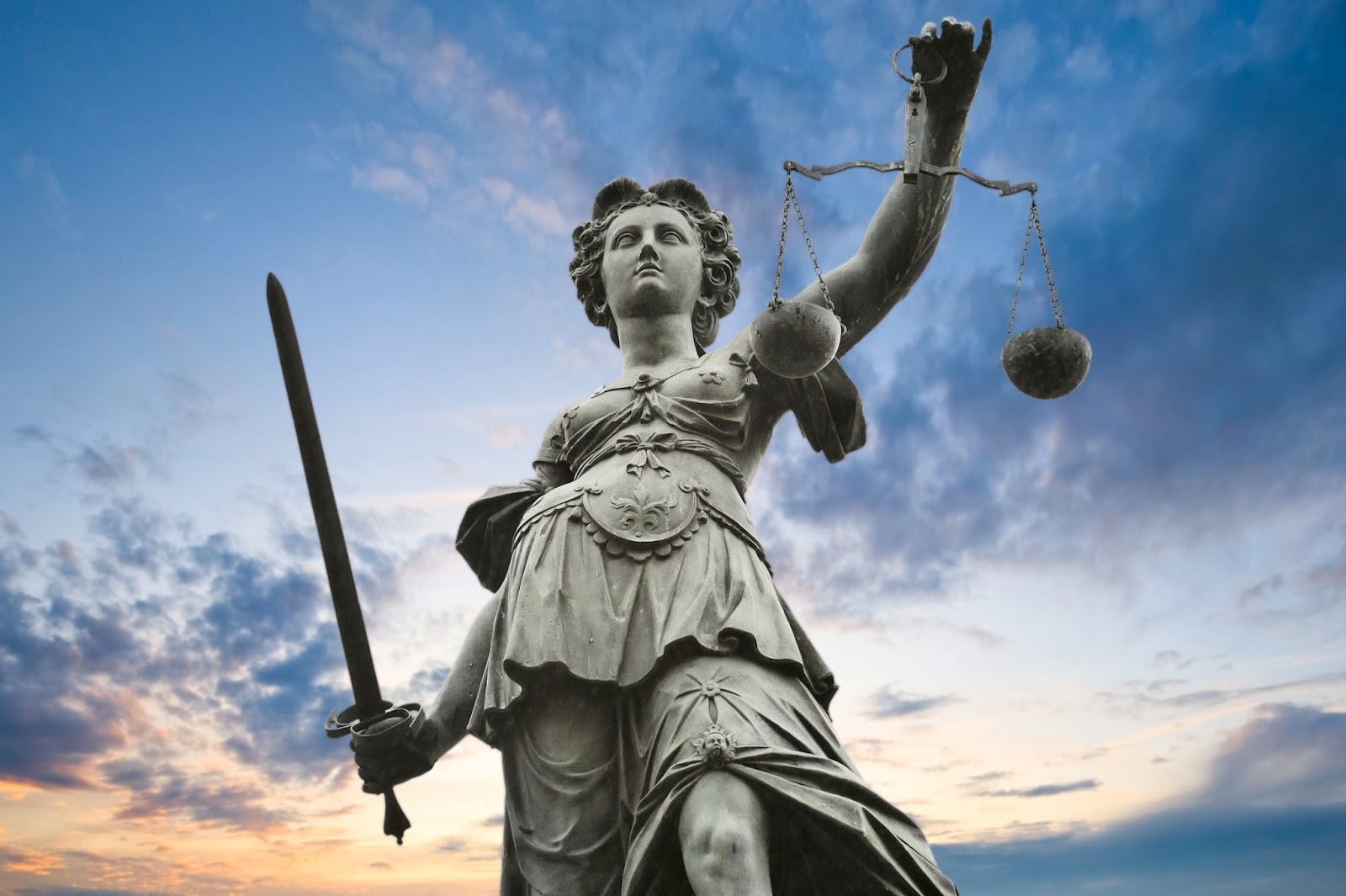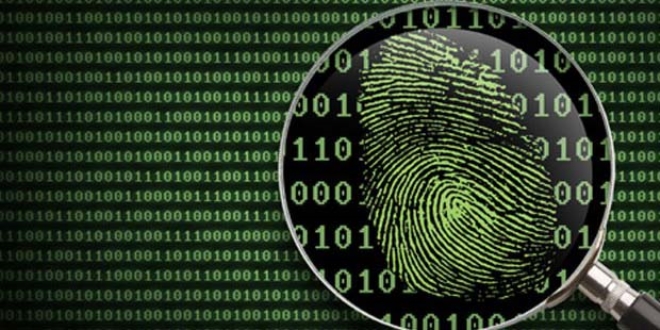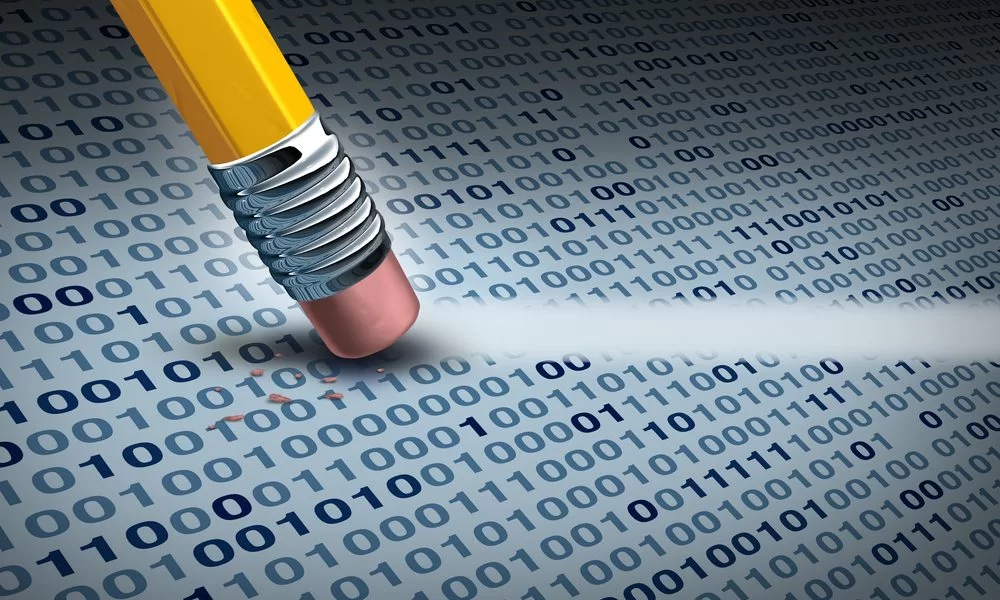Digital forensics plays a critical role in solving crimes, but it also raises various ethical and legal challenges. This article will address some common ethical and legal concerns that arise during digital forensic investigations.
What Are the Ethical Rules in Digital Forensics?
Forensic professionals must adhere to high ethical standards during the collection and analysis of digital evidence. Ethical guidelines include:
- Confidentiality: The personal data of victims or suspects must be kept confidential and protected.
- Objectivity: Forensic experts should maintain impartiality and objectivity during their analysis, avoiding bias.
- Accuracy: Every step of the process must be documented accurately, ensuring that the results are reliable.
What Legal Issues Arise in Digital Forensics?
Some legal concerns in digital forensics include:
- Data Protection Laws: Digital evidence must be collected within the framework of data protection laws. Different countries have different laws regarding data storage and access.
- Legal Authorization: Forensic experts must obtain proper legal authorization before collecting evidence. Unauthorized access to digital devices or accounts may render evidence inadmissible in court.
- Admissibility in Court: Digital evidence must be collected and preserved in a manner that ensures its admissibility in court. Improper handling can lead to evidence being rejected.




